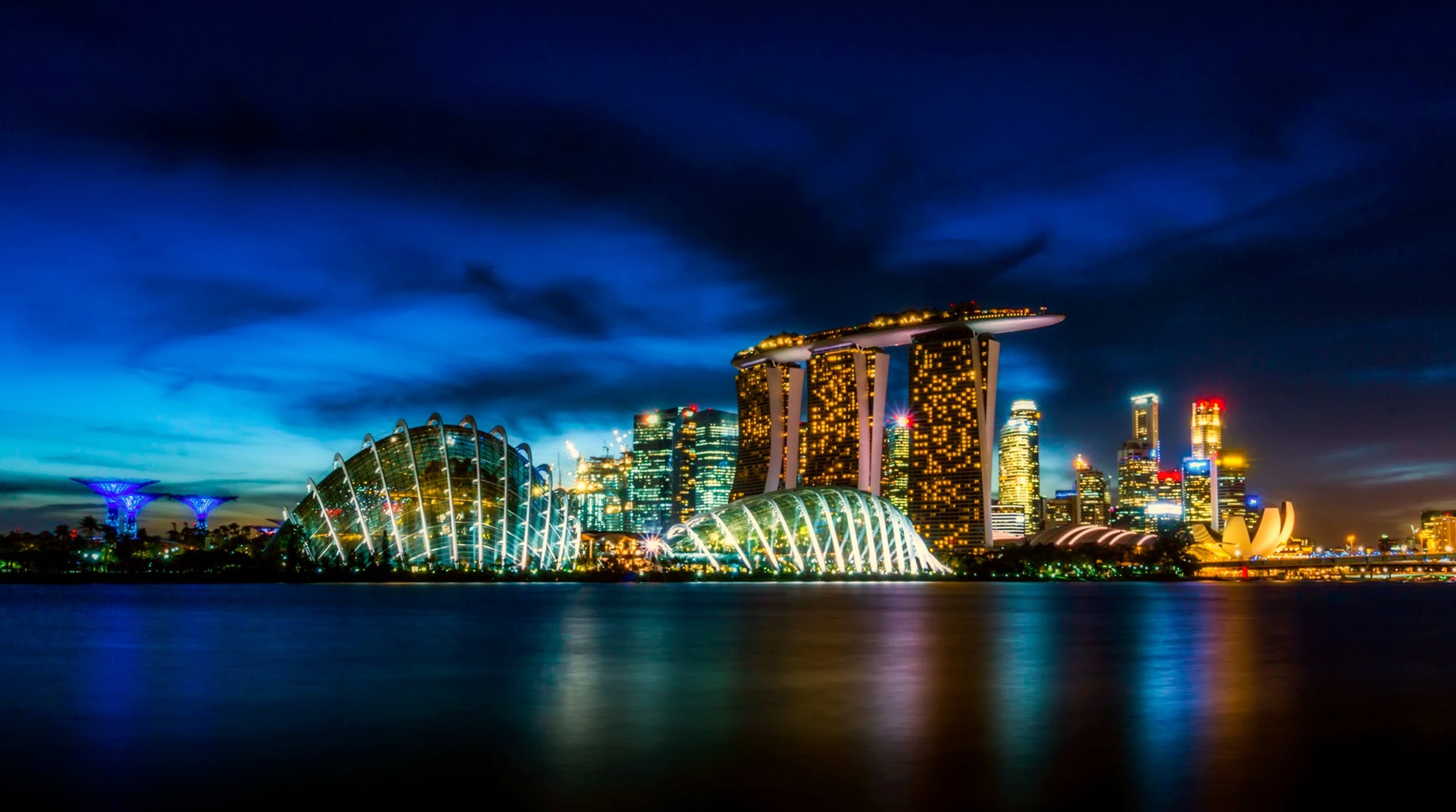The growing presence of ‘fake news’ has drastically changed political discussions, with many fearing the larger ramifications of its growing influence on larger governing bodies. Fake news has progressed deep into many political landscapes with lasting consequences: the 2016 U.S. presidential election was a pivotal political moment, with some arguing that the development of fake news (with Russia’s help, allegedly) helped President Donald Trump win the election. Consequently, many countries have since cracked down on fake news to ensure that their democratic institutions are not similarly jeopardized.
One such country is Singapore. On April 1, 2019, the Singapore government introduced the Protection from Online Falsehoods and Manipulation Bill, which would allow the government to directly order “corrections” to any reported falsehoods on websites alongside the misreported claims (to immediately notify readers of the corrections), command the removal of any inaccurate online content, and even cut profits from offending sites. This new proposal would not only affect domestic sites, but also international social media platforms such as Google or Facebook, both of whom are currently reviewing the proposed changes. According to the Ministry of Law, “This bill targets falsehoods, not free speech.” However, were this new policy enacted, it would continue the Singapore government’s pattern of abusing power and become a political tool with which to suppress criticism.
The first cause for concern is that the language in the bill targets not just traditional fake news such as statistics or basic facts, but also claims that could damage public trust in its governing bodies. In particular, several of the bill’s clauses define “public interest” broadly to include protecting Singapore’s “friendly relations” with other countries; preventing the diminution of public confidence in the government; or protecting “public tranquillity.” In this manner, the bill does not protect claims of what is true or false, but rather political images of the Singapore government. It seems to overstep its purpose to combat fake news, instead creating arbitrary stipulations to root out opposition against the current establishment.
The bill is also vague in its definitions of what may be considered indecent or harmful toward “public tranquility”. As political scientist Chong Ja Ian argues, the government has far too much leeway in determining these parameters. Prof. Chong points out the case of the alleged terrorist Mas Selamat who became viral for his escape from a Singapore prison in 2008. The facts of the case are that the prison’s security measures were inadequate and that improvements were necessary However, under the new bill, Prof. Chong contends, any report mentioning this inadequacy would erode public confidence in its governing bodies, hence violating provisions of the bill. In this regard, there exists a discrepancy between what is true and the government’s interests. There has arisen a new definition of falsehood: anything that harms the good name of the Singapore government.
This misuse of power has become a growing problem in Southeast Asia as governing bodies decide on their own what they perceive as fake news. This phenomenon has become all too common in states such as the Philippines, where President Duterte has leveraged his political dominance with a rallying cry against fake news to imprison adversaries. Most recently in his spree, President Duterte imprisoned Maria Ressa, a journalist known for her exposé of Duterte’s covert acts of violence toward suspected drug dealers and users, after labelling Ressa’s news outlet Rappler as a source of fake news. However, this does not have to be the fate for Singapore, and it can use its executive powers for good.
The resistance against fake news is a virtuous endeavor, for anything that seeks to achieve results through deliberate falsehoods and malicious intent merits resistance. The Singapore government, if it so chooses, could use its new bill to weed out untruths through a nonpartisan process. By working with larger social media platforms such as Google or Facebook, the Singapore government could pave a path toward an online experience which would allow sites to express themselves freely, without readers being fed lies. This would mean that the Singapore government would have to revise or remove clauses that don’t fulfil the bill’s purpose to explicitly combat fake news, especially provisions surrounding issues such as defending “public tranquility” for this article forces the bill into political weaponization. Without these political undertones, a bill can be secured which will both resist fake news and uphold the values of democracy.
Despite the potential to create an online space where democratic values are upheld, what will happen next depends on what the Singapore government wishes to do with their newfound power. Whether it will take on the mantel and make a new, truly democratic legacy for itself or whether it will continue along a path of political subjugation is yet to be seen.
Photo: “Singapore“
